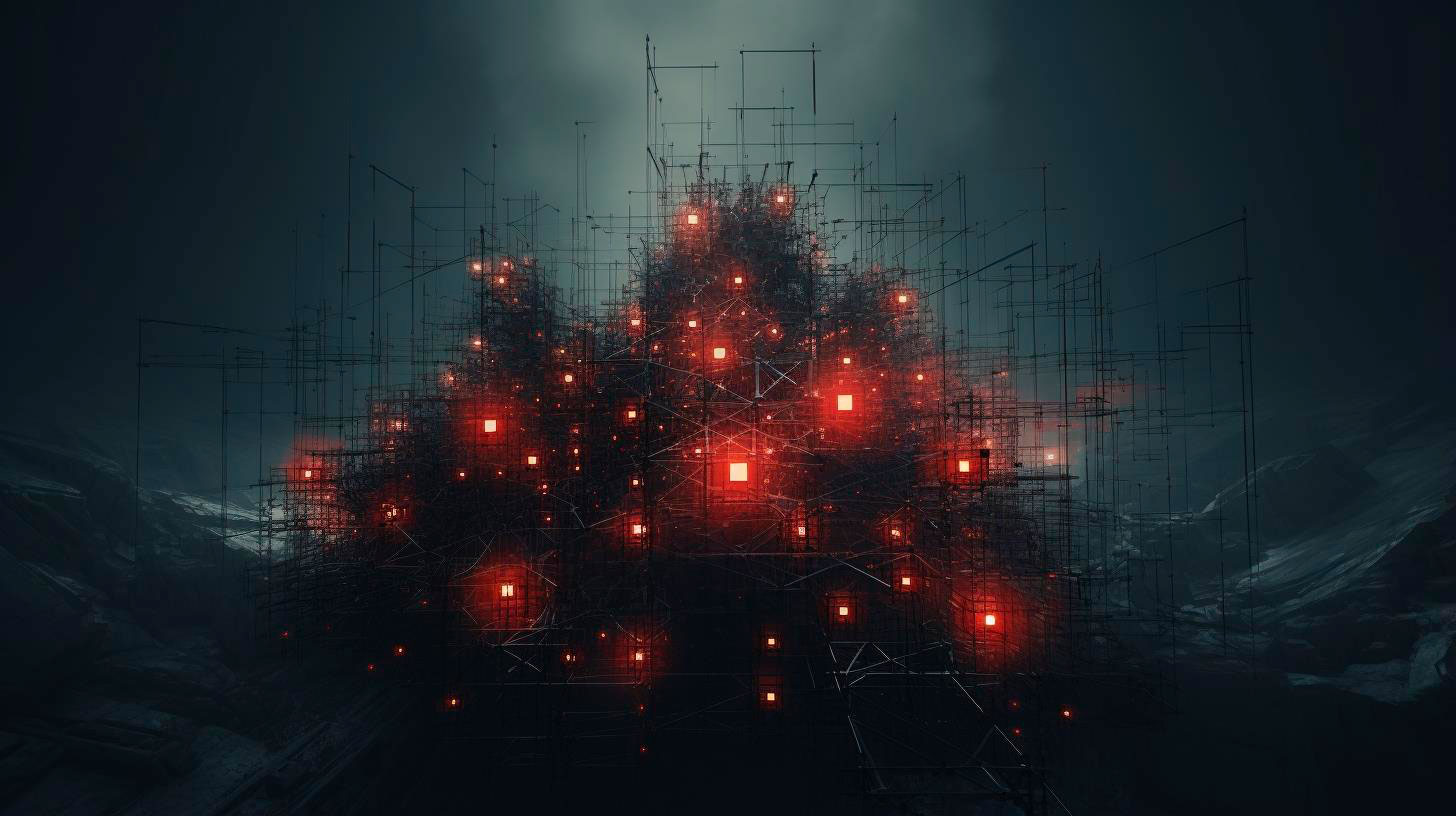In this article, we will explore the public perception of nuclear energy and its contributions to sustainable development.
The Public Perception of Nuclear Energy
Nuclear energy has always been a divisive topic, with strong opinions on both sides. Some people view it as a clean and efficient source of energy that can reduce greenhouse gas emissions and combat climate change. According to the International Atomic Energy Agency (IAEA), nuclear power plants globally prevented an average of 5 billion tons of CO2 emissions annually between 1971 and 2019.
On the other hand, concerns about the safety and environmental impact of nuclear energy have also shaped public opinion. Accidents like Three Mile Island, Chernobyl, and Fukushima have led to significant public mistrust and fear. However, it is essential to note that stringent safety regulations and technological advancements have significantly improved the safety records in the industry.
It is crucial to bridge the gap between perception and reality concerning nuclear energy. Education and awareness about the latest safety measures, waste management techniques, and reactor designs play a vital role in shaping public opinion.
Contributions to Sustainable Development
Nuclear energy has several key contributions to sustainable development that are often overlooked. Let’s take a closer look at some of these:
Low-Carbon Energy Source
Nuclear energy is a low-carbon energy source, emitting minimal greenhouse gases during operation. According to the IAEA, nuclear power is the second-largest source of low-carbon electricity, after hydropower. The deployment of nuclear energy can help countries reduce their dependence on fossil fuels and meet their emission reduction targets.
Reliability and Energy Security
Nuclear power provides a stable and reliable energy source, with a high capacity factor compared to other renewables. It can operate continuously, providing base load power to support the grid. This reliability factor makes nuclear energy a valuable contributor to the energy mix, reducing the risks associated with intermittent renewable sources.
Economic Growth and Job Creation
The nuclear energy industry contributes significantly to economic growth and job creation. It requires a highly skilled workforce for operations, maintenance, and research and development. According to the Nuclear Energy Institute, the U.S. nuclear industry supports nearly half a million jobs and contributes billions of dollars to the country’s GDP each year.
Key Takeaways
Understanding the public perception of nuclear energy is critical to effectively communicate the benefits and challenges associated with it. Here are some key takeaways:
- Nuclear energy has both supporters and opponents, with concerns around safety and environmental impact.
- Education and awareness play a crucial role in addressing public mistrust and shaping a more balanced perception.
- Nuclear energy has several contributions to sustainable development, including low-carbon emissions, reliability, and economic growth.
- The industry continues to prioritize safety through advanced reactor designs, stringent regulations, and waste management techniques.
It is essential to have well-informed discussions about nuclear energy and its role in the future energy landscape. By understanding the contributions it can make to sustainable development, we can make more informed decisions about our energy mix.
If you want to dive deeper into the topic, you can explore the International Atomic Energy Agency’s publication on Climate Change and Nuclear Power.
